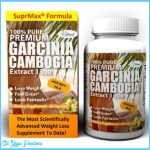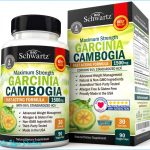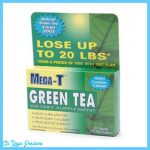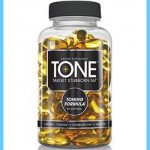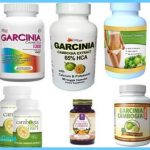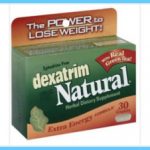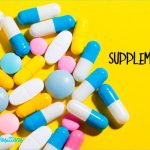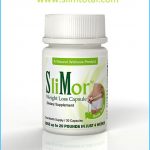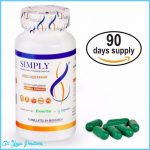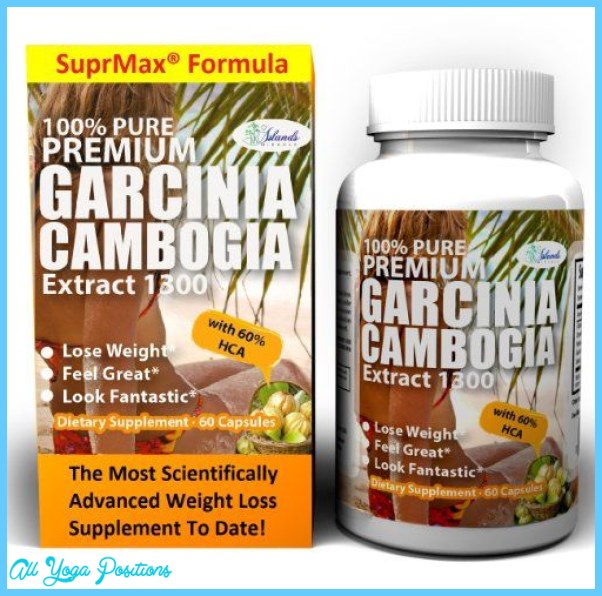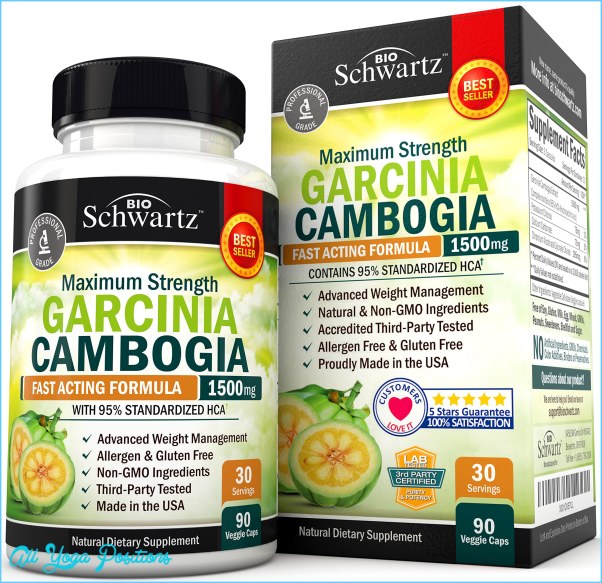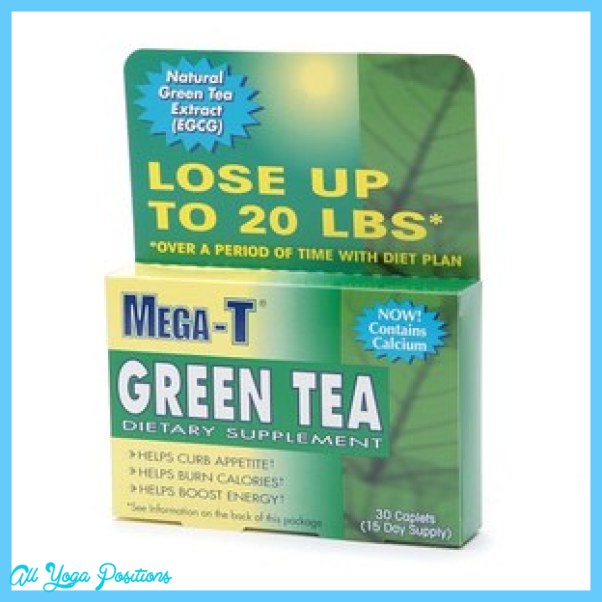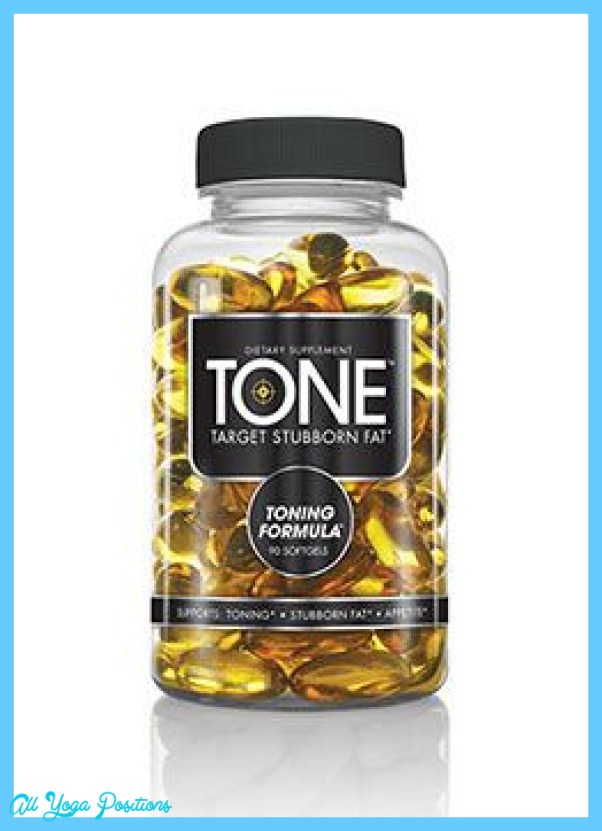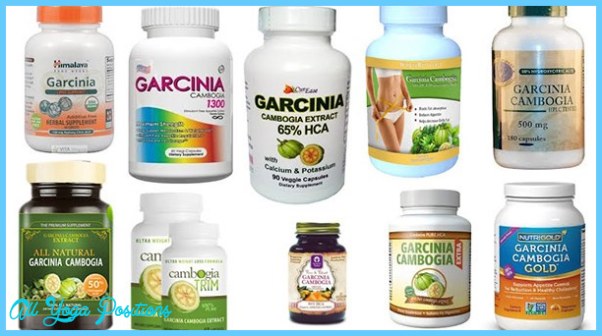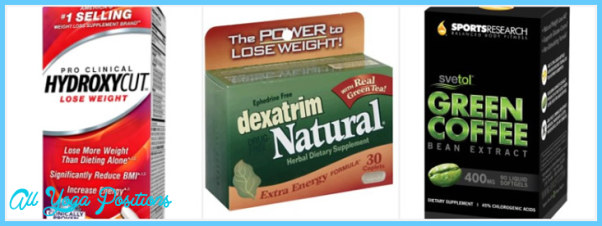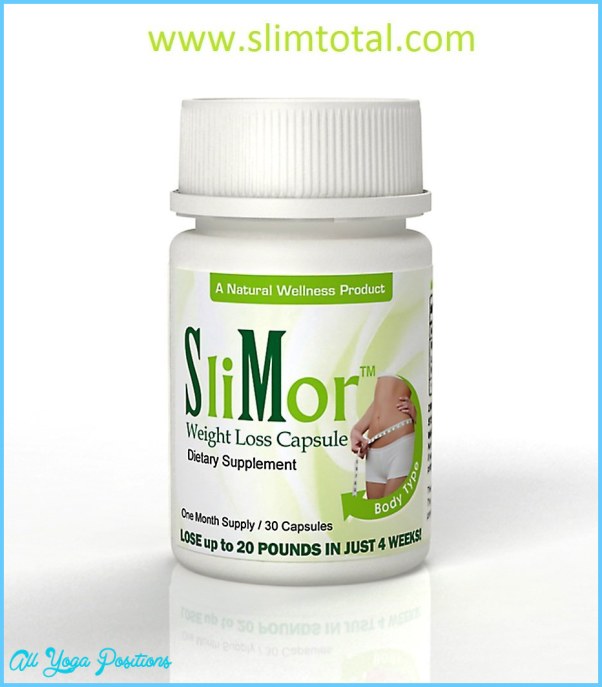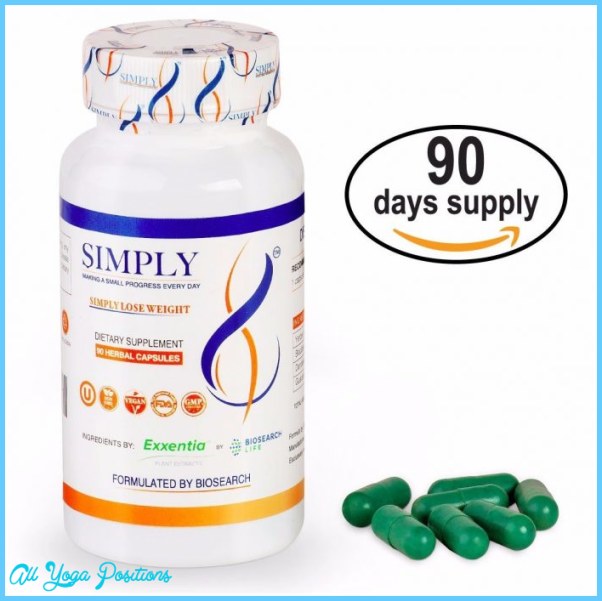Dietary Supplements and Diet Aids
The number of dietary supplements and other weight-loss aids on the market has also increased in recent years. Promoted in advertisements, magazines, direct mail campaigns, infomercials, and on websites, these products typically promise a quick and easy path to weight loss. Most of these products are marketed as dietary supplements and so are subject to fewer regulations than over-the-counter (OTC) medications. According to the Federal Trade Commission (FTC), more than half of advertisements for weight loss products make representations that are likely to be false. And although the FTC will order companies to stop making baseless and bogus product claims when monitors become aware of them, consumers are urged to critically evaluate any product that sounds too good to be true.
Hidden and undisclosed ingredients are increasingly becoming problems in products promoted for weight loss.
WELLNESS IN THE DIGITAL AGE High-Tech Weight Management
Technology is making inroads into the area of weight management at an ever-quickening pace. Once the domain of clinical weight-loss programs, digital tools are now available for consumers who want to lose weight or keep it off.
At the clinical level, new research shows that overweight patients who are equipped with high-tech monitoring devices (which monitor their energy intake and output) lose at least as much weight as patients who participate only in in-person weight-management counseling sessions. When person-to-person counseling is added to the use of digital monitors, patients lose even more weight and manage to keep it off longer.
Dietary Supplements and Diet Aids Photo Gallery
A wide and ever-growing range of portable devices and weight-loss applications is also available to consumers. There are dozens of smartphone apps that can help you keep a nutrition journal and calculate your daily intake of calories and nutrients. Such apps often pair with other programs that can help track your physical activity level and calculate the number of calories you burn throughout the day. Some of these apps can upload your daily data to a website that lets you track energy intake and output over the course of time. Many such programs can also help you set goals, provide dietary or exercise advice, or let you join communities of users who are also trying to manage their weight.
Internet-based weight-loss programs have proliferated over the last decade. Most such websites offer a cross between self-help and group support through chat rooms, bulletin boards, and e-newsletters. Many sites offer online self-assessment for diet and physical activity habits as well as a meal plan; some provide access to a staff professional for individualized help. Many are free, but some charge a weekly or monthly fee.
An example of a particularly successful online weight-management program is the National Weight Control
Registry. This site is part of an ongoing study of people who have lost significant amounts of weight and kept it off. Most follow moderate-calorie diets that are relatively low in fat and fried foods, and users monitor their body weight and their food intake frequently. Participants engage in an average of 60 minutes of moderate physical activity daily. Even with the help of digital devices and programs, weight management is still primarily a matter of personal effort, perseverance, and a commitment to lifestyle changes that last for life. source: The National Weight Control Registry. (http://www.nwcr.ws). Screen reprinted by permission. An emerging trend identified by the FDA is hidden active ingredients that can potentially be harmful. Consumers may unknowingly take a diet product that contains varying quantities of approved prescription drug ingredients, controlled substances, and untested and unstudied pharmaceutically active ingredients, all of which could have harmful effects. Such situations are becoming more common because the FDA cannot test all products on the market that contain potentially harmful hidden ingredients. Also, consumer advisories for tainted products identify only a small proportion of the potentially harmful products on the market. Public notifications available on the FDA website reveal that even some products labeled “Natural and Safe” contain prescription medications, including sibutramine (a weight-loss medication sold under the brand name Meridia) and phenytoin (an antiseizure medication). In its consumer alert, the FDA noted that a number of the recalled supplements contained pharmaceuticals in amounts far exceeding FDA-recommended levels. Some of the supplements contained substances that are not approved for sale in the United States, including rimonabant (a prescription weight-loss drug sold in Europe) and phenolphthalein, which is thought to be a carcinogen. The use of these drugs could lead to complications such as heart attack, stroke, suicide, and even cancer. The prescription medications were not listed on any of the supplements’ labels, meaning consumers could be taking lethal doses of prescription drugs without knowing it.
The following sections describe some commonly marketed OTC products for weight loss.
Formula Drinks and Food Bars Canned diet drinks, powders used to make shakes, and diet food bars and snacks are designed to achieve weight loss by substituting for some or all of a person’s daily food intake. Meal replacements are convenient. However, most people find it difficult to use these products for long periods, and although they

